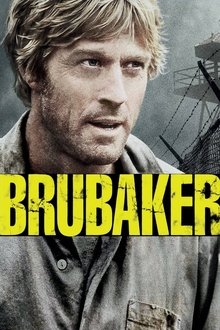Related Movies

Heavenly Creatures (1994)
Precocious teenager Juliet moves to New Zealand with her family and soon befriends the quiet, brooding Pauline through their shared love of fantasy and literature. This friendship gradually develops into an intense and obsessive bond.

Sommersby (1993)
Set in the South just after the US Civil War, Laurel Sommersby is just managing to work the farm without her husband, believed killed in battle. By all accounts, Jack Sommersby was not a pleasant man, thus when he suddenly returns, Laurel has mixed emotions. It appears that Jack has changed a great deal, leading some people to believe that this is not actually Jack but an imposter. Laurel herself is unsure, but willing to take the man into her home, and perhaps later into her heart.

The Story of the Weeping Camel (2004)
When a Mongolian nomadic family's newest camel colt is rejected by its mother, a musician is needed for a ritual to change her mind.
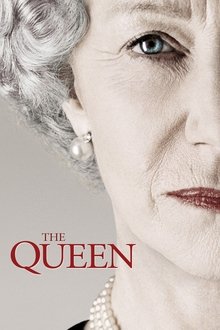
The Queen (2006)
The Queen is an intimate behind the scenes glimpse at the interaction between HM Elizabeth II and Prime Minister Tony Blair during their struggle, following the death of Diana, to reach a compromise between what was a private tragedy for the Royal family and the public's demand for an overt display of mourning.
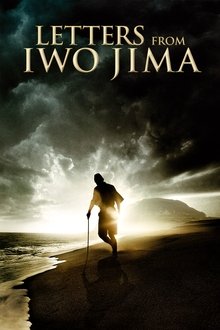
Letters from Iwo Jima (2006)
The story of the battle of Iwo Jima between the United States and Imperial Japan during World War II, as told from the perspective of the Japanese who fought it.
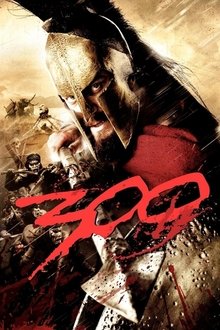
300 (2007)
Based on Frank Miller's graphic novel, "300" is very loosely based the 480 B.C. Battle of Thermopylae, where the King of Sparta led his army against the advancing Persians; the battle is said to have inspired all of Greece to band together against the Persians, and helped usher in the world's first democracy.

All the President's Men (1976)
During the 1972 elections, two reporters' investigation sheds light on the controversial Watergate scandal that compels President Nixon to resign from his post.
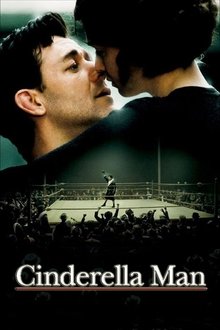
Cinderella Man (2005)
The true story of boxer Jim Braddock who, following his retirement in the 1930s, makes a surprise comeback in order to lift his family out of poverty.
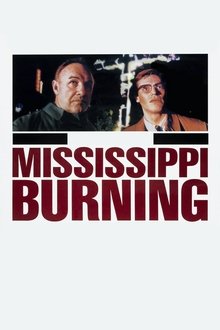
Mississippi Burning (1988)
Two FBI agents investigating the murder of civil rights workers during the 60s seek to breach the conspiracy of silence in a small Southern town where segregation divides black and white. The younger agent trained in FBI school runs up against the small town ways of his partner, a former sheriff.
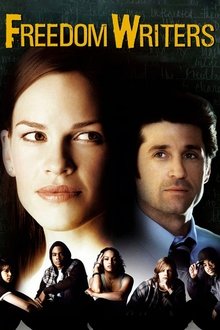
Freedom Writers (2007)
A young teacher inspires her class of at-risk students to learn tolerance, apply themselves, and pursue education beyond high school.
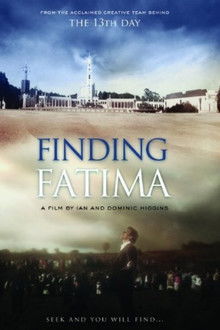
Finding Fatima (2010)
Explores the story of three children who claimed to have witnessed visitations of the Virgin Mary in Fatima, 1917. It shows the journey that they went on and how their courage and belief changed the face of Portugal.
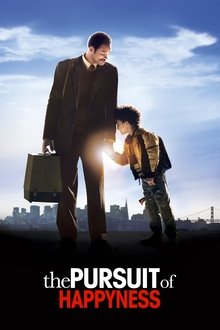
The Pursuit of Happyness (2006)
A struggling salesman takes custody of his son as he's poised to begin a life-changing professional career.

Lovers of the Arctic Circle (1998)
As young children, Otto and Ana become best friends, leading to the marriage of Ana's mother to Otto's father. When Otto and Ana become teenagers, they begin a sexual relationship, which they hide from their parents. The two fall deeply in love and seem destined to spend the rest of their lives together. However, their relationship is tested when Otto's mother dies and the two are separated.
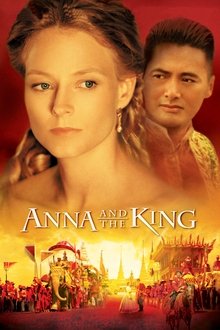
Anna and the King (1999)
The story of the romance between the King of Siam (now Thailand) and the widowed British school teacher Anna Leonowens during the 1860s. Anna teaches the children and becomes romanced by the King. She convinces him that a man can be loved by just one woman.

23 (1998)
The movie's plot is based on the true story of a group of young computer hackers from Hannover, Germany. In the late 1980s the orphaned Karl Koch invests his heritage in a flat and a home computer. At first he dials up to bulletin boards to discuss conspiracy theories inspired by his favorite novel, R.A. Wilson's "Illuminatus", but soon he and his friend David start breaking into government and military computers. Pepe, one of Karl's rather criminal acquaintances senses that there is money in computer cracking - he travels to east Berlin and tries to contact the KGB.

Down the Arm of God (NaN)
Inspired by real stories, a young pastor, through a harsh winter in a small Texas town, follows his mission to help the homeless is faced with resistance by his congregation, exposing deep-seated prejudices and systemic failures.

Burn All My Letters (2022)
The film’s story revolves around Karin Stolpe’s complex relationship with her husband Sven Stolpe and her passionate love affair with Olof Lagercrantz which starts in the 1930s. It shows the impact of passion, jealousy and anger across 70 years, involving different generations.
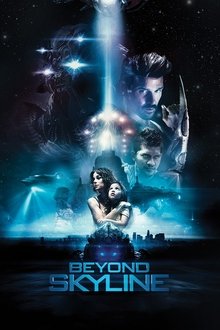
Beyond Skyline (2017)
Detective Mark Corley storms his way onto an alien spaceship to rescue his estranged son. When the ship crashes in Southeast Asia, he forges an alliance with a band of survivors to take back the planet once and for all.
